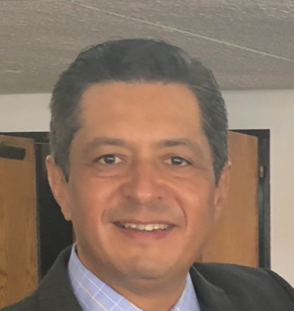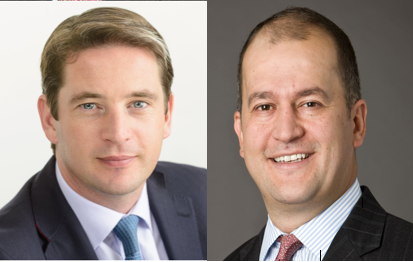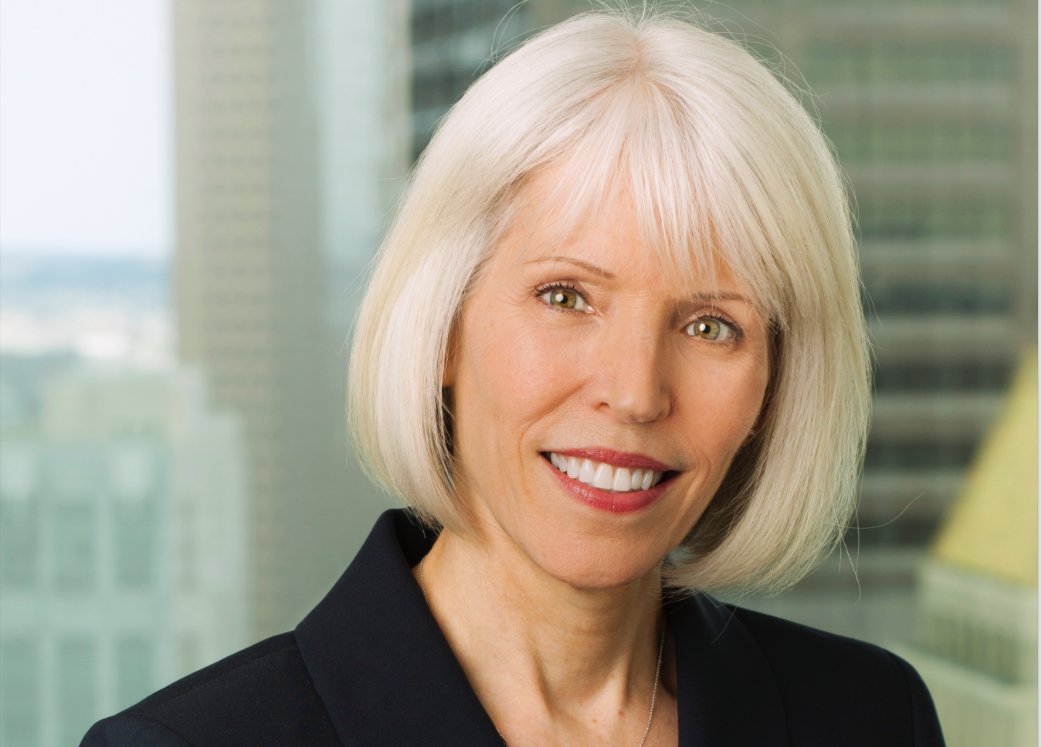Ulrich Gerhard, Senior Portfolio Manager of High Yield at Insight Investment, a BNY Mellon company, started his career in the investment industry in 1997. This is to say that he has seen many cycles, including several recessions, and he has seen companies go bankrupt. Something that, in his view, has been proven to be very helpful when managing high yield portfolios.
He joined Insight Investment in September 2011, as a senior credit analyst within the Fixed Income Group and he became a portfolio manager in June 2012, being responsible for the BNY Mellon Global Short-Dated High Yield Bond Fund.
This strategy was moved to the BNY Mellon platform because Insight Investment realized that it could help investors who were one decade away of retirement to make a smooth transition from working income to pension income. Insight Investment had its own distribution capabilities among institutional clients, but it did not have the capillarity on retail and high net worth clients that BNY Mellon offered.
“This strategy was settled in Insight Investment in 2009 for pension fund clients. It has an absolute return target, aiming to provide Libor plus 200 basis points. It was designed to deliver a lower volatility than a traditional high yield strategy and it is better able to withstand spread widening. Nothing has changed since the strategy was created,” said Ulrich.
As for today, Insight’s fund investors are still involved in the strategy as well as some pension funds in Italy and Spain and some savings banks. Additionally, there are some investors in Thailand, Taiwan and Mainland China, which gives the strategy a very well diversified portfolio of investors
The investment philosophy
According to Ulrich, to be successful in the high yield market it’s important to stick to the investment principles of the strategy, following the same pattern repeatedly with the team of fixed income analysts, regardless of the circumstances in the market. That was their strategy during the fourth quarter of 2018, when many managers experimented a big fall in their portfolios because of their hunt for yield. “The strategy sold off in the fourth quarter, but it did not sell off as much as many others. The fund remains positive in US dollars, while a lot of our competitors went negative last year,” he explained.
“It targets more defensive short-dated securities because, when we look at the cash flows of the companies, any forecast over 3 years becomes foggy. We can not estimate how much money a company will earn in 3 years-time, because many things can change in this period, the company may acquire or divest a business. Given that I can have a good visibility of cash flows over the next two years, maybe it is pretty good idea to lend money to companies in that time frame.”
“There are 2.500 companies in the high yield market universe, we are invested in 85, because those are the only ones that meet our criteria at this moment. These criteria discern companies with a good business model from the rest. For that purpose, we use fundamental research and cash flow analysis. The company’s business model needs to be predictable and the CFO of the company needs to understand the risks of liquidity. Stock picking is the key. For us, macro is 10% and bottom-up approach is 90% of what gives value of the portfolio. Because even if we get our top-down right, if we are not able to select the good credit, we will lose money. As simple as that. If we do credit selection right and we avoid defaults, the strategy gets the entire credit yield of spread as income. Since the fund was launched in 2012, we have had credit losses of about 20 basis points, while the market has lost around 200 basis points, as the market experimented a 2,5% default rate last year. We normally invest in companies with single B rating, and we are very cautious on CCC rated companies, since they usually have a risky business model,” he added.
Slowdown, but not recession
Global economy’s growth is slowing down as the growth in China, the Euro Zone and United Kingdom is decelerating. However, Insight Investment expects growth to remain stable in the US, Japan and the main emerging markets (namely Brazil, Russia and India).
In the US, where a 2,4% GDP growth rate is foreseen, the main concern for the economy could be a sudden rise in interest rates, still, in Ulrich’s opinion, this is something very unlikely to happen in this year.
“If the Fed raised interest rates too sudden, it would affect the US Economy and the housing market, and the market will probably go into recession. But I do not think we are there. I do not think that the Fed is going to hike. As long as we invest in companies where a 1% rise in interest rates will not destroy their business model, we are not that concerned about the Fed’s moves because we don’t lend to companies that exist because of financial engineering,” he said.
European high yield
While the European high yield market denominated in sterling pound is totally illiquid at this moment, the European high yield market may have temporary liquidity, although it does not mean that the bonds can be bought and sold at the portfolio managers discretion. “When looking at the investment universe, for the most part, bonds tend to follow bell-shaped distributions, while the European high yield bond universe looks a bit like the back of a camel, you have one bump on the left and another in the right, the one in the left will probably default and the one on the right is already expensive, because everybody owns it. So, from that perspective, investing in US high yield is more attractive. It offers a much diverse universe,” he concluded.







